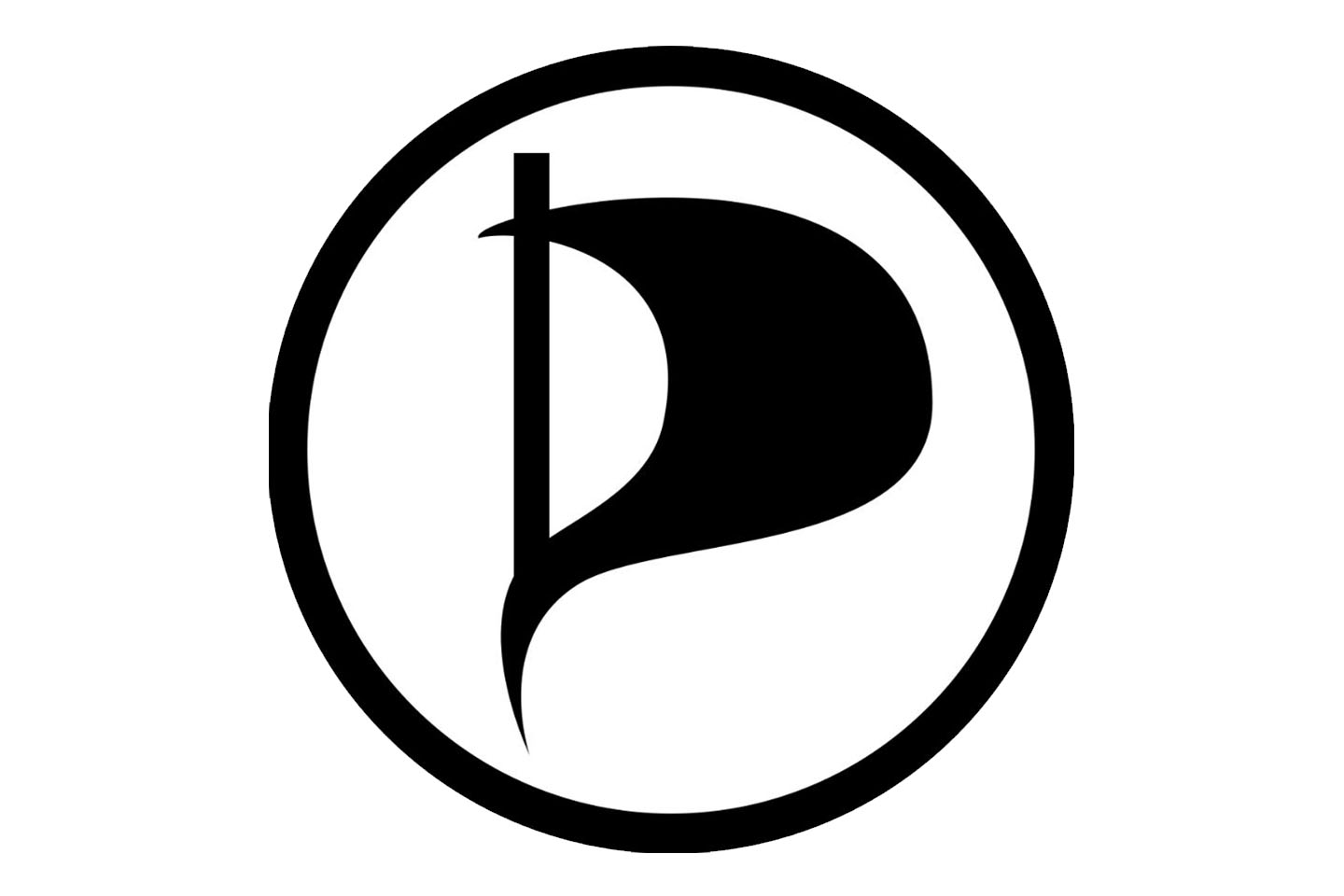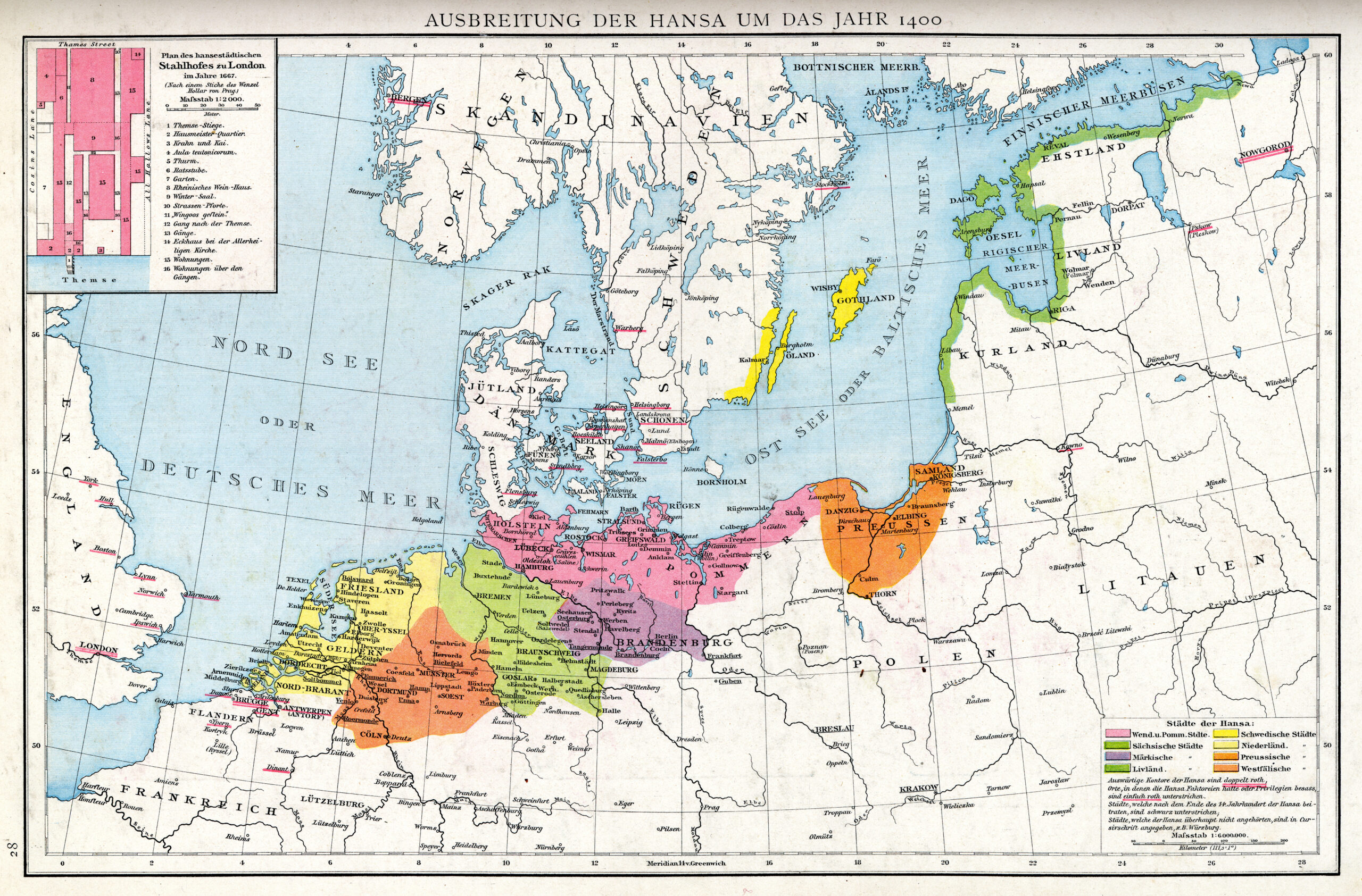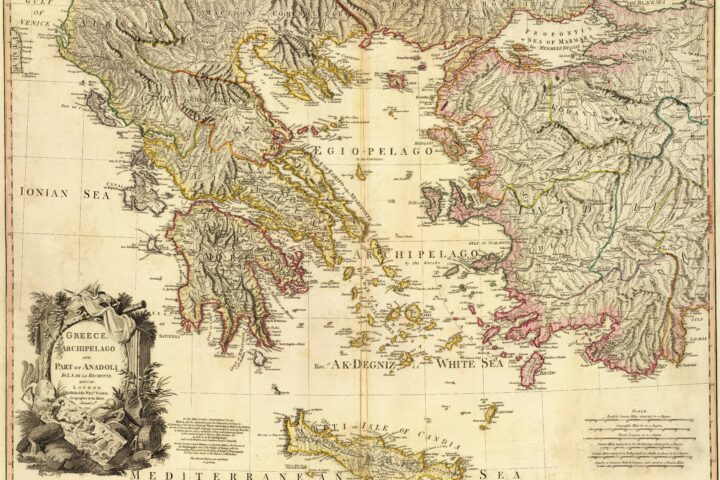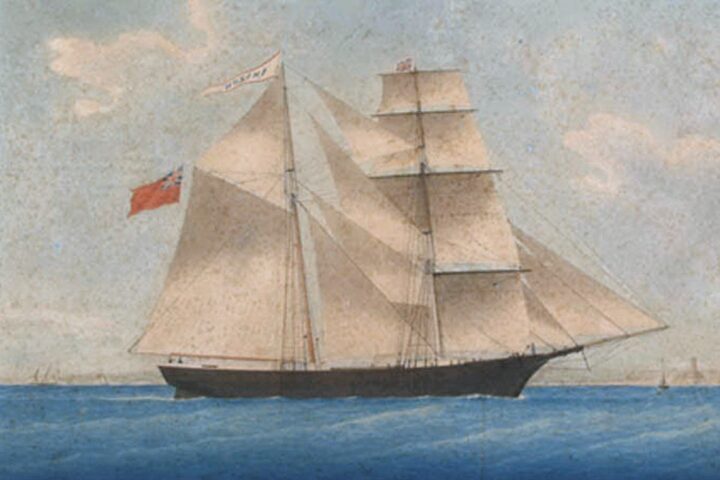Source: Wikimedia_By Piratpartiet-piratpartiet_Public Domain
Introduction
The late 20th century witnessed the birth of an earthshaking transformation in the political terrain. This was propelled by technological breakthroughs and heightened consciousness of digital rights. Sweden, as a nation renowned for its progressive policies and innovative thinking, was at the forefront of this revolution. One of the unique political parties that pop up during this era is the Pirate Party, whose main mission will be to fight for internet freedom, copyright reform, and transparency in government. It traces its history, principles, and impact regarding the Pirate Party of Sweden and therefore its role in shaping the digital age and the long-term influence on the political discourse of the world.
The Birth of the Pirate Party
The Pirate Party’s founders date back to the early 2000s, when activists in Sweden discussed the idea of forming a political party to promote internet freedoms and protect liberties on the internet. The party derives its name in allusion to the term of digital piracy, which had come to be interpreted in terms of online sharing of copyrighted material during that time. However, the Pirate Party was not created to promote non-legitimate activities but to work toward a more balanced and open digital space.
Key Principles and Aims
The Pirate Party of Sweden outlined a nucleus of principles that would guide its program. These comprise:
- Free and Open Internet: The party believed in the norms of an open and free internet. This was a platform where free communication and innovation were key components that had to be protected from censorship and discrimination. The party advocated for net neutrality and campaigned against the government’s ability to monitor and record communication.
- Copyright Reform: The Pirate Party severely branded the laws of copyright by stating that they hold back creativity and innovation. They proposed reforms to balance the protection of intellectual property with a thriving digital culture.
- Transparency in Government: The party sought greater openness in government, including open data, greater citizen participation in the process, and public access to information.
Hitting Stardom
This message was very effective with the young voters, who were getting increasingly used to the new technology and thus could grasp the significance of digital rights. Grassroots organization across party lines gave it extensive mileage; it effectively utilized social media and other online portals. The Pirate Party won a seat in the 2009 European Parliament elections, thus becoming the first direct political party elected in Europe for a mandate that advocates for digital rights.
Impact on Swedish Politics
The victory of the Pirate Party in Sweden translated into a new direction in Swedish politics. Other political parties in Sweden had to think about digital rights and transparency, hence taking those matters to their manifestos. The contributions of the Pirate Party were equally defining in dictating public opinion on digital matters, making people discuss issues such as surveillance, censorship, and copyright infringement.
Global Impact
A successful Pirate Party in Sweden bred similar entities in other nations around the world, indicating that people everywhere sought their own share. Pirate Parties sprouted up in Germany, France, in the United Kingdom, and even in the United States, each with its own spin and emphasis. Despite some difficulties and infighting within different countries, Pirate Party has carved a permanent place for itself in the world order of politics.
Challenges and Criticisms
In spite of these achievements, the Pirate Party is not free from challenges and criticisms. Some of its critics criticized the party because its main concern is too narrow on digital rights and issues rather than focusing on dealing with more basic social and economic problems. Others also do not believe that the party could actually translate virtual popularity into election success. Conflicts on leadership, alternating directions, and internal strife have also haunted the Pirate Party in many countries.
Future of the Pirate Party
With the changing digital world, the Pirate Party’s vision stays very much current. The party is avowedly for internet freedom, copyright reform and more transparent and accountable government, concerns that are becoming increasingly important to millions of people and organisations around the globe. Even though the Pirate Party will face challenges and setbacks, their legacy has already been cemented to live on in the form of the part they played in shaping political discourse around digital issues and in the fight for a fairer and more equitable digital society.
The Influence of the Pirate Party in Digital Rights
The Pirate Party’s advocacy of digital rights greatly impacts the global landscape. They work to raise awareness on some of these issues, such as surveillance, censorship, and copyright, which in turn puts pressure on the governments and corporations to be more progressive in their policies.
One of the major contributions of the Pirate Party has been their advocacy for net neutrality. The party has found its consistent argument for a free and open internet, where data-irrespective of its type-is treated even-handedly by the Internet Service Provider. The efforts with which an international movement was mobilized towards net neutrality received a positive culmination when the Save the Internet Act happened in the United States in 2015.
It also became a vocal critic of government surveillance. For the party, mass surveillance programs violate individual privacy rights and lack public trust in the government. By championing the cause of the party, the Pirate Party has made people recognize the dangers of surveillance and increased public scrutiny of such programs by governments everywhere.
Apart from net neutrality and surveillance, Pirate Party is also keen on advocating for copyright reform. There is a large proportion of individuals who believe that the current copyright laws are outmoded and that they have an influence on creativity and innovation. The Pirate Party proposed reforms aimed at striking a balance in the protection of intellectual property rights and the development of a dynamic digital culture.
Impact of Pirate Party on Other Political Parties
The success of the Pirate Party has generated similar parties in other countries. This is a great testimony to the interest created across the world about the ideas behind it. There are Pirate Parties that have come to the fore in Germany, France, the United Kingdom, and the United States, and as any possibly effective national party should, each of the countries modified its focus and priorities.
While the Pirate Party movement is under stress and fragmentation in a number of countries, at the global level, its influence was not to be undermined. Indeed, for quite some time, while keeping on speaking concerning digital rights, the party has obliged other parties into the political arena to weigh these problems in priority. The Pirate Party has shaped public opinion concerning matters digital, such as surveillance, censorship, and copyright.
Future of the Pirate Party
With more development in the digital world, the Pirate Party mission is still very valid. The party’s policies on internet freedom, copyright reform, and transparency in government connect with the growing concerns of people and organizations all over the world. The Pirates may have some rocky waves ahead and behind, but most likely to last will be their original contribution in creating a political discourse around digital issues as well as their part in the struggle for a more just and equitable digital society.
The future of the Pirate Party is far from being clear; however, facts remain; their existence will be felt for years to come. The landscape of the digital world is rapidly changing, and thus principles of freedom, equality, and transparency put forth by the party will remain significant elements in ensuring that the internet fosters human interest.
Sources:

















